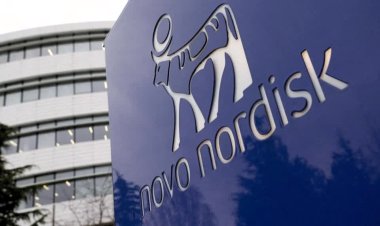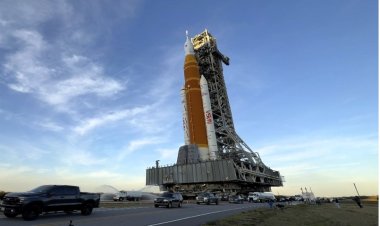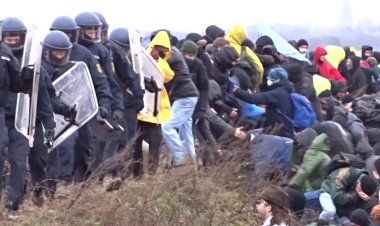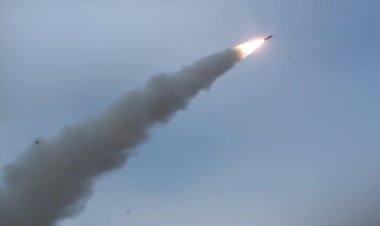Hezbollah Leader Warns of Retaliation after Damascus Strike
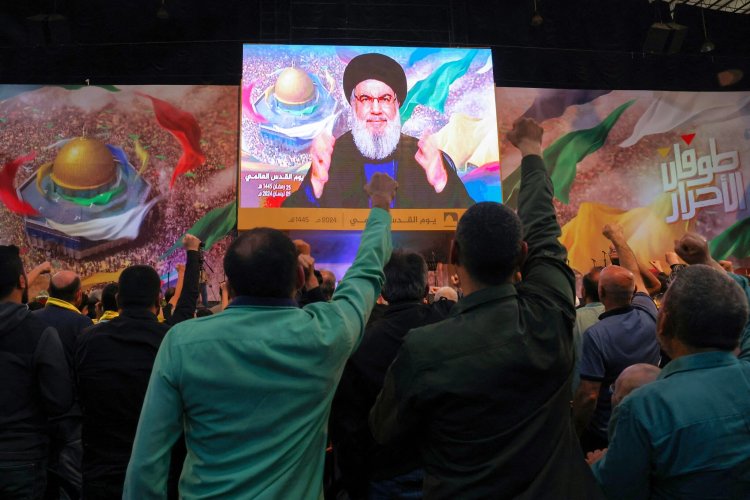
Rescue workers and other men digging through rubble at the scene of an Israeli strike on the southern Lebanese village of Marjayoun. Since the outbreak of war between Hamas and Israel on October 7, the Lebanese-Israeli border has witnessed a near-daily exchange of fire between Israel's army and Lebanon's Shiite movement Hezbollah, a Hamas ally.
The leader of Lebanon's Iran-backed Hezbollah movement warned that Iran would inevitably retaliate after a strike widely blamed on Israel destroyed its consulate in Damascus this week, killing two generals.
"Be certain that Iran's response to the targeting of its Damascus consulate is inevitable," Hassan Nasrallah said in a televised speech marking Quds Day -- an annual day of pro-Palestinian rallies held by Iran and its allies.
Monday's strike in the Syrian capital leveled the five-storey consular annex of the Iranian embassy and killed seven Iranian Revolutionary Guards, two of them generals.
Nasrallah, whose fighters have been exchanging near-daily cross-border fire with Israel since the Gaza war began in October, said the strike on the Iran consulate was a "turning point".
Hezbollah "does not fear war and is fully prepared for any war" with Israel, he said.
"The resistance in Lebanon does not fear war nor does it dread it. It led its battle over the past six months within a comprehensive vision and strategy that consolidated the ongoing war in the region, in a way that achieves victory and preserves Lebanon," he added.
Israel has not commented on the strike, but analysts saw it as an escalation of its campaign against Iran and its regional proxies that runs the risk of triggering a wider war beyond the Israel-Hamas conflict in the Gaza Strip.
Israel said it was strengthening its defenses and pausing leave for combat units following Iran's threats to retaliate.





